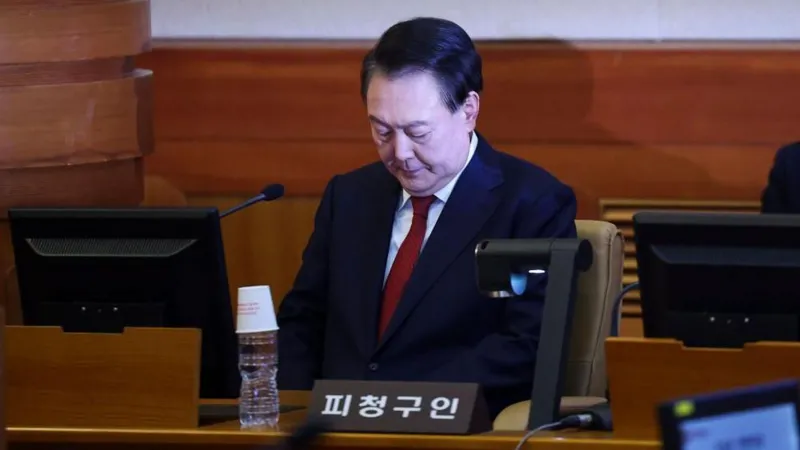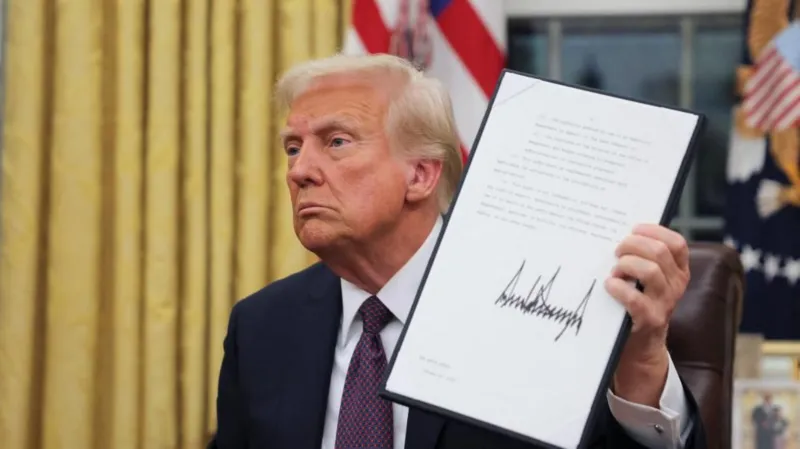South Korean President Yoon Suk-yeol has denied allegations that he influenced the recent arrests of lawmakers, emphasizing his commitment to the rule of law and judicial independence. The controversy erupted after the arrest of opposition legislators sparked a heated political debate, with accusations of government overreach and politically motivated actions.
The lawmakers, who belong to the Democratic Party, were detained following corruption investigations that involved alleged bribery and misuse of power. Critics have claimed that the timing of these arrests coincides suspiciously with escalating political tensions between the ruling party and the opposition. Some opposition members have accused the administration of using judicial mechanisms to suppress dissent and undermine their party ahead of crucial elections.
In a public statement, President Yoon categorically denied any involvement in the arrests, stating, “The judiciary operates independently in South Korea, and my administration respects this principle fully. Any claims suggesting otherwise are unfounded and misleading.” He also reiterated his stance on fostering a transparent and accountable governance structure.
The controversy has drawn significant attention, both domestically and internationally, as South Korea is often held up as a model of democracy in East Asia. The opposition, however, continues to assert that these legal actions are an attempt to silence critics and consolidate power.
Observers note that South Korea’s political landscape has historically been marked by tensions between the executive branch and the opposition, often accompanied by allegations of corruption and judicial interference. While the government has pledged to uphold the country’s democratic values, public skepticism remains, with polls indicating mixed opinions on the legitimacy of the arrests.
Experts have urged caution in interpreting the situation, noting that South Korea’s judicial system includes checks and balances designed to prevent misuse of power. They also highlight the importance of ensuring that investigations are conducted impartially and transparently to maintain public trust in democratic institutions.
As the case unfolds, many are calling for greater dialogue between the ruling and opposition parties to address the growing political divide. Meanwhile, President Yoon’s administration faces mounting pressure to prove its commitment to fair governance and uphold the democratic ideals that South Korea has worked hard to establish.




















